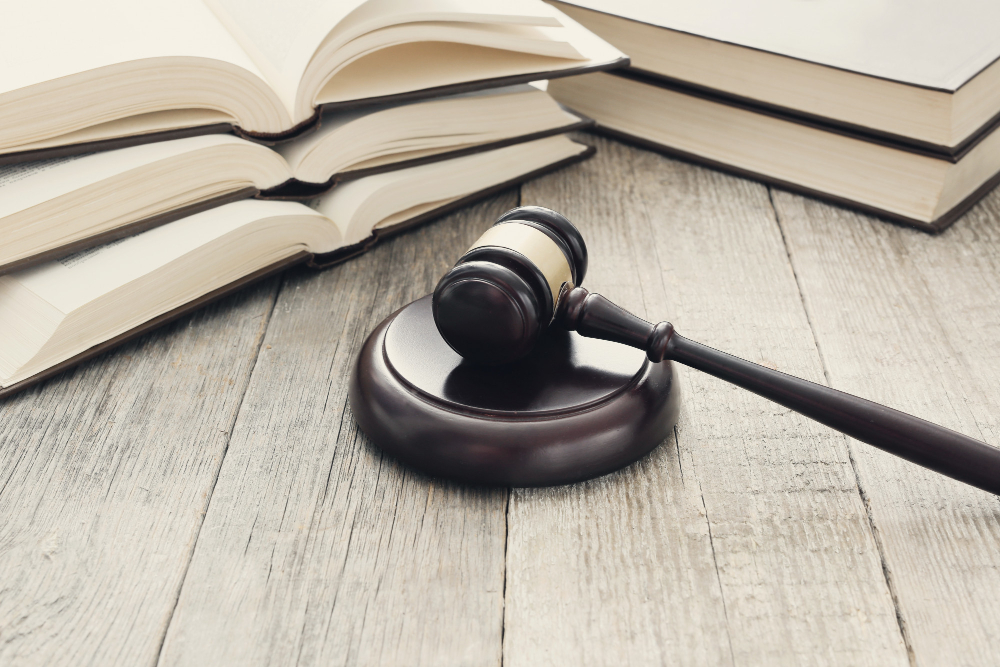
In the realm of criminal law, the plea of alibi stands as a significant defense strategy. Derived from Latin, “alibi” translates to “elsewhere,” and the plea of alibi essentially asserts that the accused was in a different place at the time the alleged crime was committed, thereby creating reasonable doubt about their presence at the scene of the crime. In the context of Indian Evidence Law, the plea of alibi assumes paramount importance in shaping the course of criminal trials and establishing innocence.
Legal Foundations:
The plea of alibi finds its roots in Section 11 of the Indian Evidence Act, 1872. This section embodies the principle that if an accused can prove that they were in a different place at the time of the alleged offense, it raises a reasonable doubt regarding their guilt. It places the burden on the prosecution to establish beyond a reasonable doubt that the accused was indeed present at the scene of the crime and committed the offense.
Establishing the Plea of Alibi:
Proving an alibi is not merely asserting being elsewhere; it necessitates concrete evidence supporting the claim. The defense must present credible and reliable evidence that places the accused at a location that makes it impossible or highly improbable for them to have committed the crime.
Witness Testimonies: Witnesses who can vouch for the presence of the accused at a different location during the time of the offense play a crucial role. Their statements should be clear, consistent, and corroborative to strengthen the alibi defense.
Documentary Evidence: Documents such as receipts, travel tickets, CCTV footage, or any other form of tangible evidence that places the accused at a different location can substantiate the plea of alibi.
Expert Testimonies: Expert opinions, such as forensic reports or technology experts confirming the accused’s presence or absence at a particular place, can significantly bolster the alibi defense.
Challenges and Limitations:
While the plea of alibi can be a potent defense strategy, it is not without its challenges and limitations:
Credibility of Evidence: The credibility and reliability of the evidence presented to support the alibi are critical. Any inconsistencies or doubts regarding the evidence can weaken the defense.
Corroboration and Cross-Examination: The prosecution often seeks to discredit the alibi by cross-examining witnesses and challenging the validity of the evidence presented. Inconsistencies or contradictions in testimonies can weaken the defense.
Timing and Notification: Timely disclosure of the alibi by the defense is crucial. Failure to notify the prosecution in a timely manner about the intent to rely on an alibi can lead to its rejection by the court.
Weight of Evidence: Courts weigh the strength of the alibi evidence against the prosecution’s case. The mere presence of an alibi does not automatically exonerate the accused; it is the weight and credibility of the evidence that determine its impact.
Conclusion:
In the landscape of Indian Evidence Law, the plea of alibi serves as a significant safeguard against wrongful convictions. However, establishing an alibi requires meticulous gathering of evidence and presenting it convincingly before the court. The burden of proof remains on the prosecution to negate the alibi beyond a reasonable doubt. A robust alibi defense, supported by credible evidence, can tilt the scales of justice in favor of the accused, highlighting the importance of the principle of “innocent until proven guilty” within the Indian legal framework.









